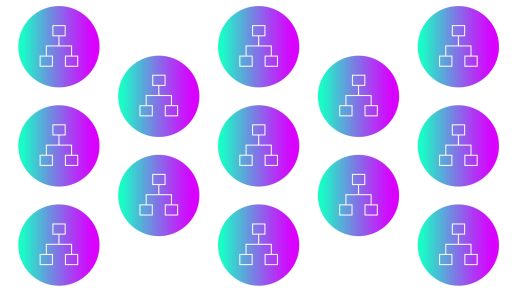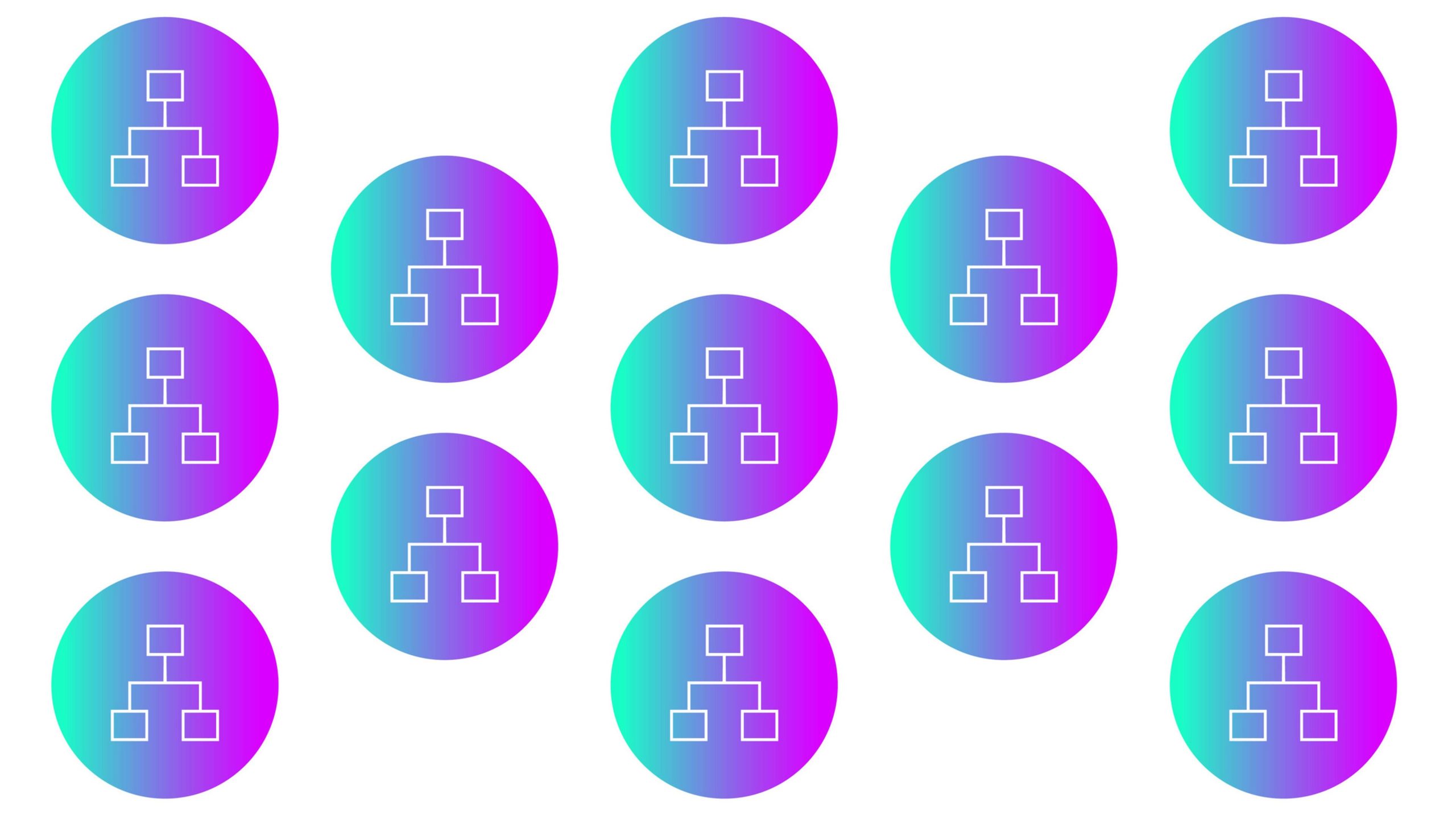Here’s how companies are leveraging generative AI to enhance established business tools
Here’s how companies are leveraging generative AI to enhance established business tools
Canva, Elastic, Microsoft, and other companies are finding innovative ways to integrate new AI technology into some of their most successful products.
For a little over a year, consumers and businesses alike have been fascinated by the possibilities of generative AI. With customers already familiar with the fluency of conversational tools like ChatGPT, software companies are working to develop AI into a robust business tool. Part of the challenge is packaging the new technology—with a reputation for sometimes giving incorrect answers and behaving unpredictably—into a form suitable for the lucrative but conservative enterprise market.
“There’s probably a lack of trust in the algorithms themselves,” says Iavor Bojinov, assistant professor at Harvard Business School. “People don’t really understand what these algorithms are doing.”
Companies also have concerns about potentially biased data used to train AI systems, and whether copyrighted work used in training can be regurgitated in the output, potentially exposing users to liability. As with all cloud-based systems, big companies also have concerns about security, and a desire to understand and control what sensitive data is shared with the systems. And there are simply questions about how to integrate AI platforms with existing processes, workflows, and company data.
One approach software companies have taken is offering AI as an add-on in applications companies are already using. Microsoft is probably the most prominent example, integrating AI Copilots into software from GitHub to Microsoft 365, so an assistant is just a click away as people work on familiar tasks like building PowerPoint presentations and writing code.
ABOUT THE AUTHOR
(19)



